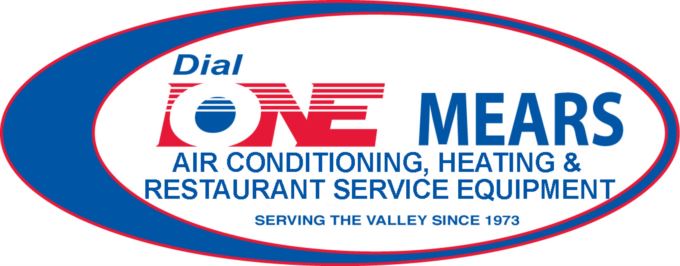
To avoid rising energy costs and work toward a more sustainable life, many homeowners are trying new methods to maintain comfort levels while using less energy. With help from the Inflation Reduction Act, federal tax credits are available for upgrading to more efficient HVAC systems, such as air conditioners. These credits offer big savings, provided that homeowners choose qualifying equipment and submit the appropriate form.
If you’re concerned the application process might be tedious, we can share something that will help! Dial One Mears Air Conditioning & Heating Inc hopes this guide will give you what you need to secure 2024’s HVAC tax credits. Here’s how to make it happen.
Understanding the HVAC Tax Credits
These valuable tax credits for energy-efficient home improvements are just one intended use of the recent Inflation Reduction Act. With the higher cost of energy making an impact, helping more homeowners upgrade their equipment is always beneficial. The primary goal of these credits is to help pay for high efficiency HVAC equipment and other projects. The two we’ll cover are the Energy Efficiency Home Improvement Credit and the Residential Clean Energy Credit.
But remember, to apply for the credits, you’ll need to fill out IRS Form 5695. Additionally, this form is submitted during the same tax year your upgrades were installed, not bought.
Energy Efficiency Home Improvement Credit
Through 2032, the Energy Efficiency Home Improvement credit empowers homeowners by offsetting up to $3,200 each year for making your home more energy-efficient. This equals 30% of the total project’s cost. It's important to note in order to receive the maximum amount, it means making severel investments. For example, you’ll get up to $2,000 for a new, high-efficiency heat pump. This can be combined with the remaining $1,200 in credits for other eligible upgrades made within the tax year.
While heat pumps are a popular option for the tax credit, other HVAC upgrades like efficient furnaces and air conditioners also qualify. You’ll need to confirm the make and model’s energy efficiency rating is sufficient to qualify.
Exploring the Residential Clean Energy Credit
The Residential Clean Energy Credit amounts to roughly 30% savings on a wide range of residential clean energy equipment upgrades. Eligibility only applies to homeowners looking for new clean energy solutions for their home. While the Home Improvement Credit works primarily with utilities and HVAC systems, this credit is instead designed around renewable energy sources like solar and wind energy.
Some key details of this tax credit include the requirement that installation must occur between 2022 and 2032. But at the same time, homeowners can carry forward excess credit to offset future tax obligations. This is a great way to make things a little easier when investing in renewables.
What Else Is Eligible for These Tax Credits?
Because HVAC systems are one of the biggest expenses on your energy bill, these tax credits can guide you to the most energy-efficient options. But home energy efficiency can be improved in lots of other ways. Apart from the previously listed HVAC upgrades, {you could also choose|other eligible items include|you also have access to:
- Heat pump water heaters
- Modern electrical panel improvements
- Upgraded electrical wiring
- Enhancements to insulation, air sealing, and ventilation
- High-efficiency electric stoves, cooktops, ranges or ovens
- Efficient heat pump clothes drying solutions
- Water boilers
Just like with installing one or more HVAC systems, you’ll need to confirm that your chosen products meet the eligible energy efficiency ratings.
Maximizing Your 2024 HVAC Tax Credits: Top 3 Tips
While all the listed upgrades can improve your home’s energy efficiency, a little planning will ensure they offer the most long-term benefits. Maximize your HVAC tax credits with these reminders:
- Conduct a home energy audit to identify impactful upgrades. Trust experienced HVAC companies to pinpoint essential products and services.
- Install new high efficiency windows and doors.
- Look into rebates for clean energy projects from utilities. Renewable sources like solar, wind, and geothermal contribute to community power grid sustainability.
- Remember to consider financing plans offered by service providers.
Dial One Mears Air Conditioning & Heating Inc Can Help You Secure HVAC Credits for 2024
Partner with local HVAC professionals like Dial One Mears Air Conditioning & Heating Inc for help with home energy audits and new installation projects. Our experienced installers can deliver whatever you need for home energy efficiency upgrades.
